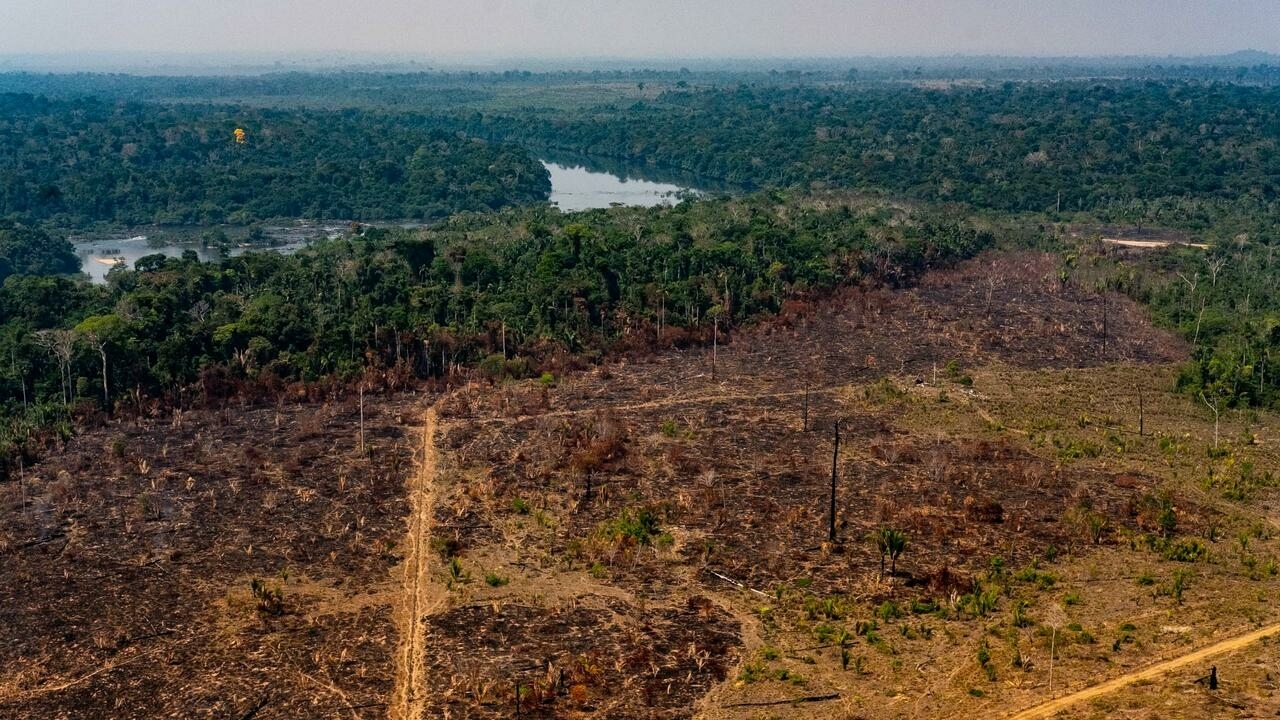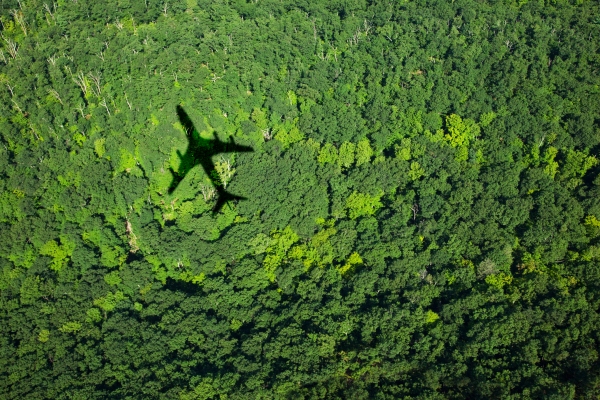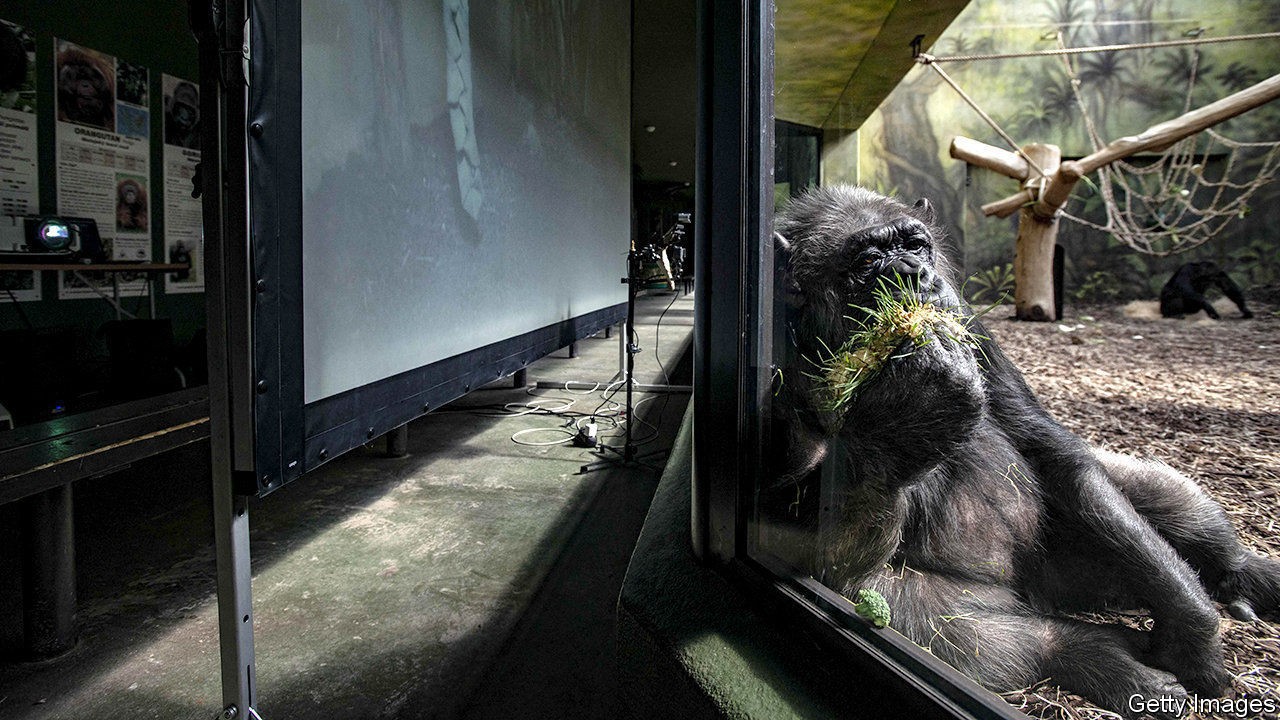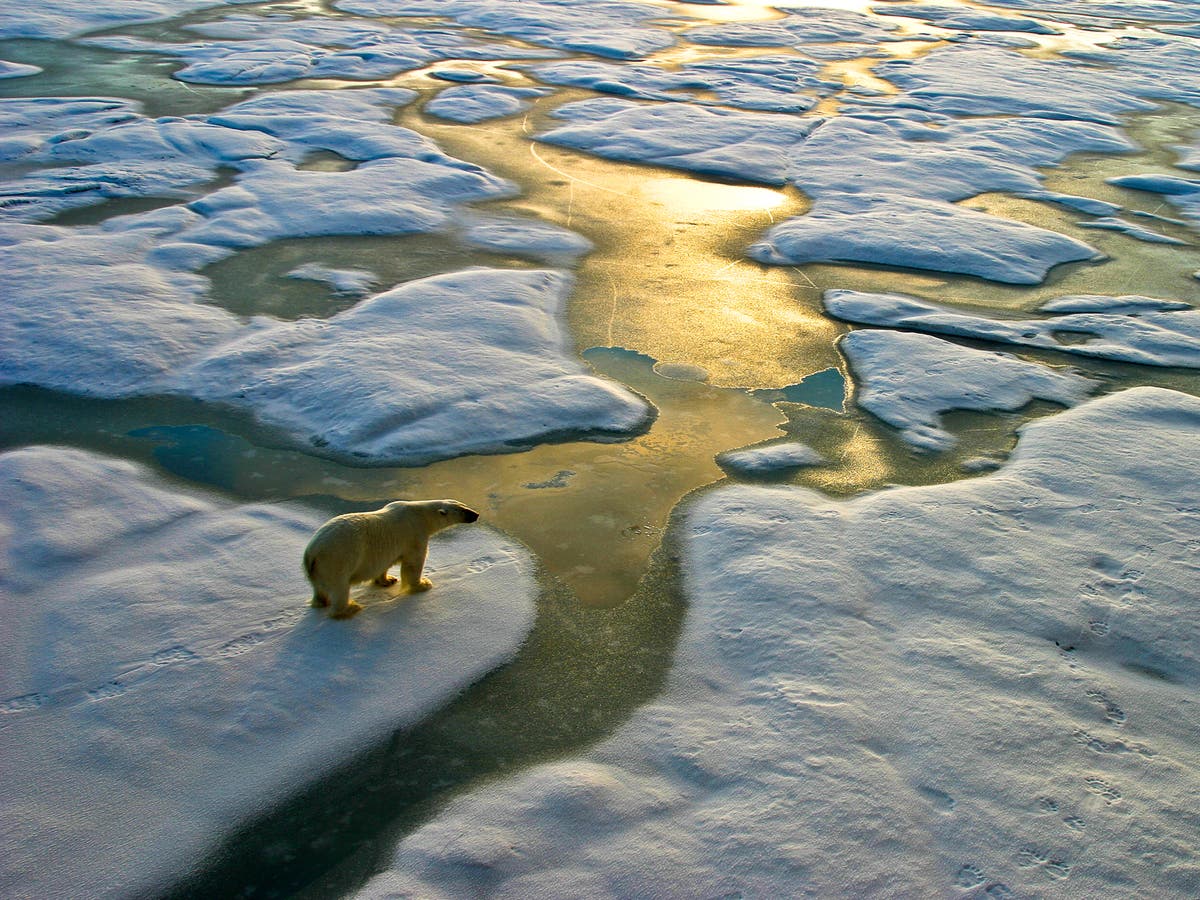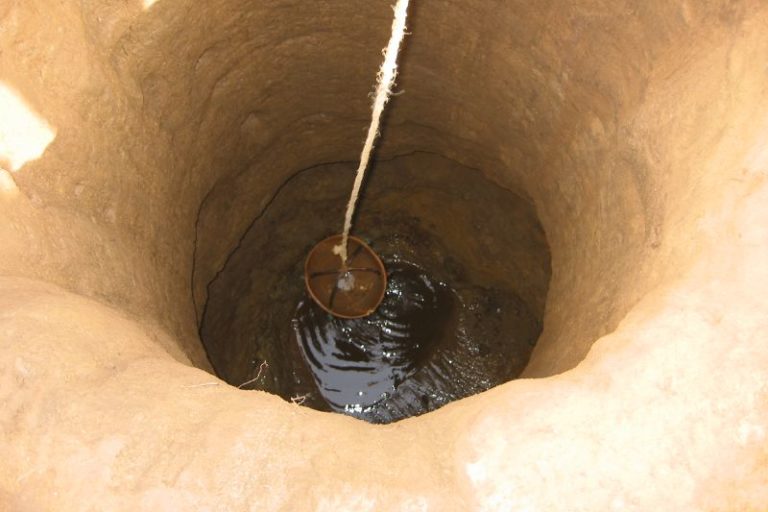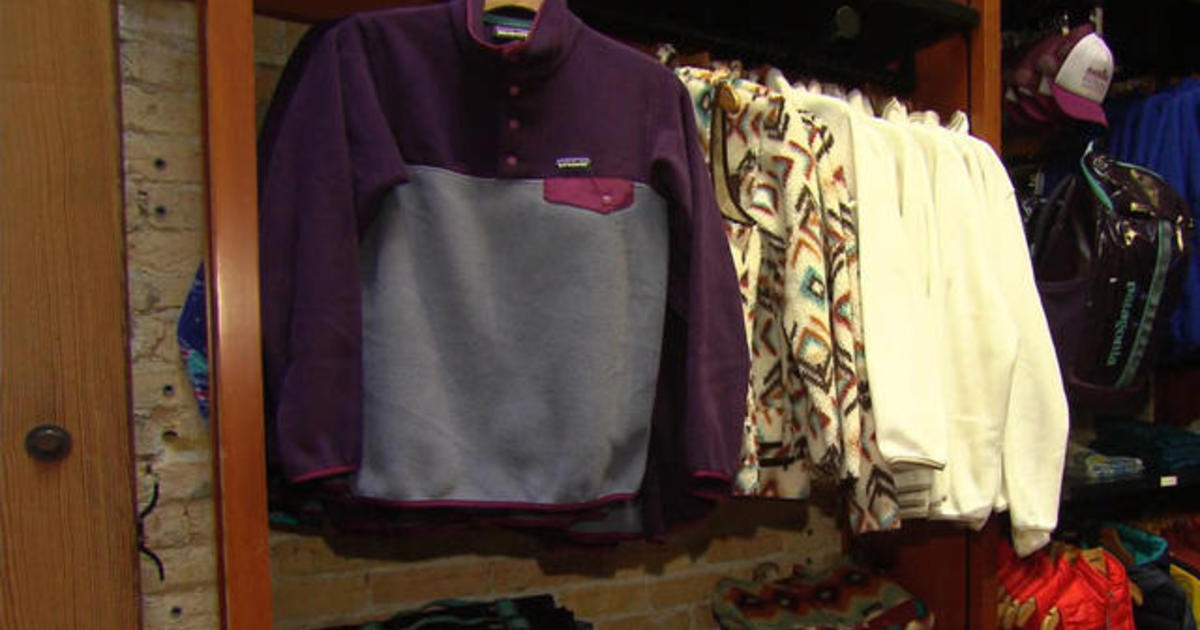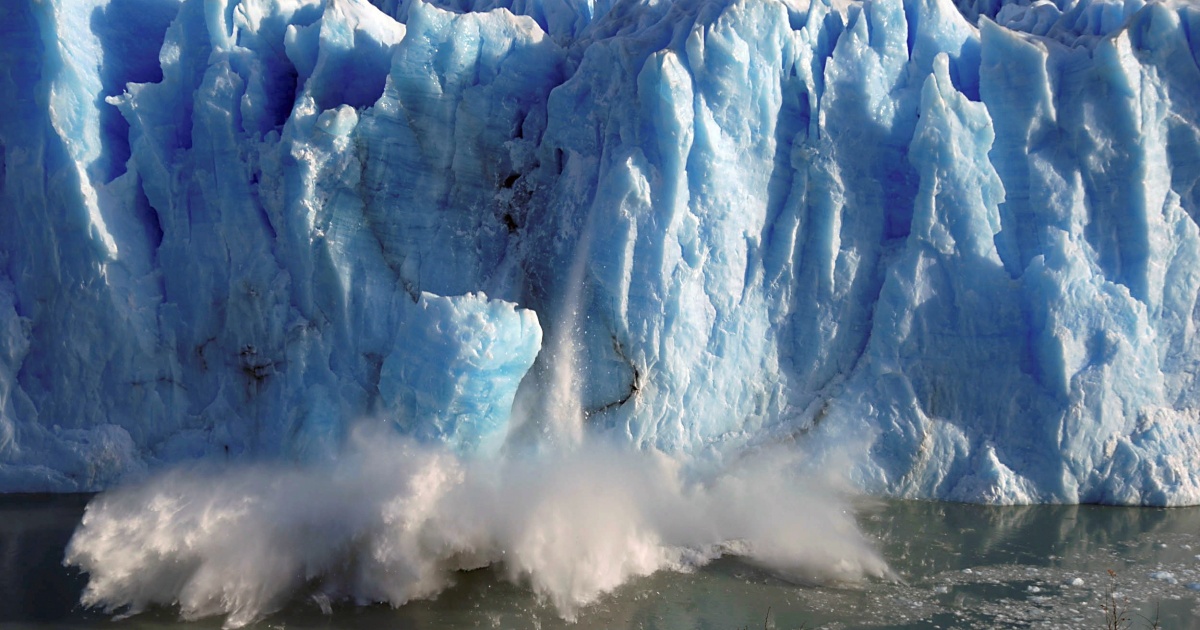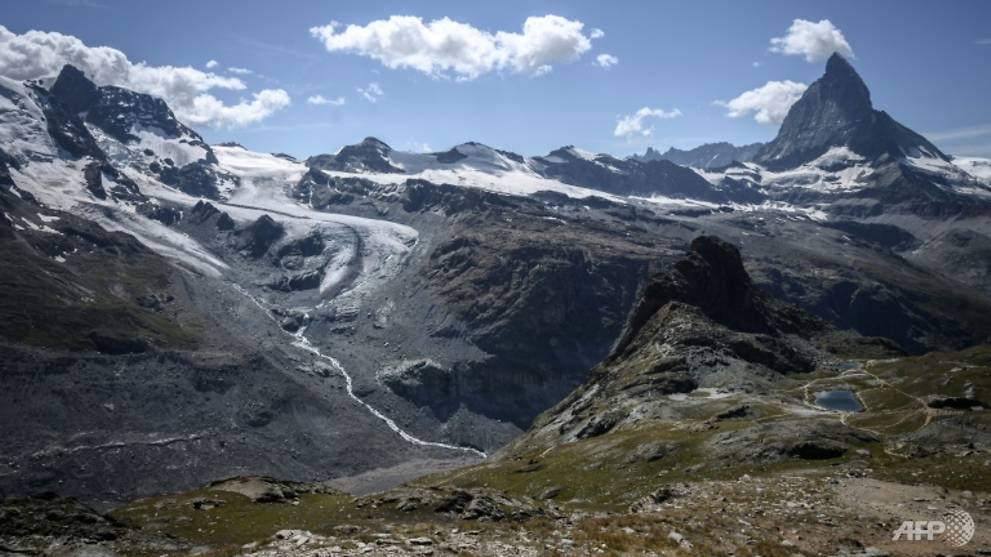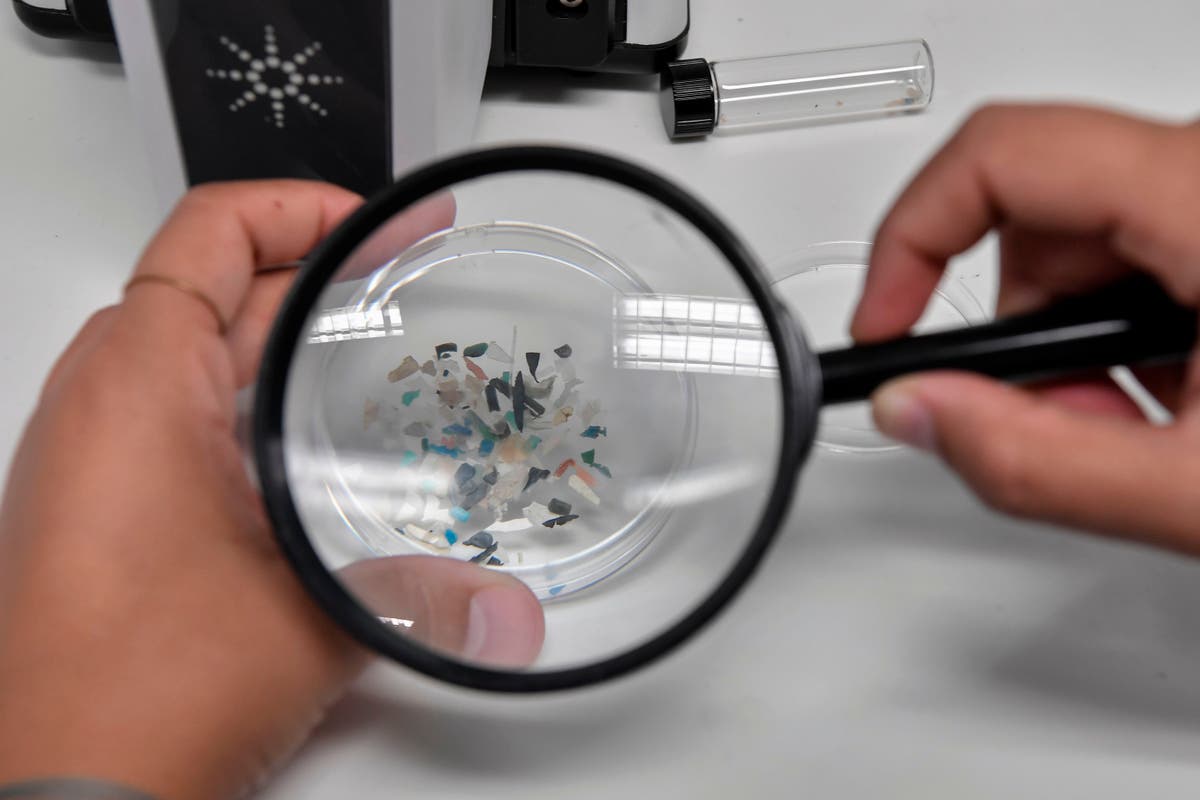Chicken or Beef? Both Contribute to Climate Change, New Study Finds EcoWatch | 4 years ago
News
Since 2010, Amazon forest emitted more CO2 than it absorbed: study FRANCE 24 English | 4 years ago
Inside the world of tiny phytoplankton: Microscopic algae that provide most of our oxygen Phys.Org | 4 years ago
Oceans may become a less efficient carbon sink Phys.Org | 4 years ago
As concerns rise over forest carbon offsets, Pachama’s verified offset marketplace gets $15 million TechCrunch | 4 years ago
Watching a coral reef die in a warming ocean PBS | 4 years ago
Fish have been swallowing microplastics since the 1950s Phys.Org | 4 years ago
Nearly all the world’s glaciers are melting at an accelerated pace, study finds FRANCE 24 English | 4 years ago
Study reveals extent of human impact on the world's plant-life Phys.Org | 4 years ago
In an age of animal-lovers, many creatures are suffering The Economist | 4 years ago
How do I talk to kids about climate change? Independent | 4 years ago
Methane release rapidly increases in the wake of the melting ice sheets Phys.Org | 4 years ago
Poorer communities hardest hit by toxic pollution incidents Phys.Org | 4 years ago
Geoengineering: 'Plan B' for the planet Phys.Org | 4 years ago
'We Need to Act Now': Glaciers Melting at Unprecedented Pace, Study Reveals EcoWatch | 4 years ago
Wasps: Why we should love our underrated pollinators Phys.Org | 4 years ago
Scientists warn of looming water crisis with millions of wells at risk Mongabay Environmental News | 4 years ago
How microfibers in clothes are polluting our oceans CBS News | 4 years ago
Glaciers are melting so fast, it's enough to put Switzerland under 7 metres of water ABC News (AU) | 4 years ago
Glaciers melting at a faster rate, new study finds Al Jazeera English | 4 years ago
'Alarming': World's glaciers are melting faster than ever because of global warming, study says USA Today | 4 years ago
Glacier melt is speeding up, raising seas: Global study CNA | 4 years ago
Bacteria could be used to break down polluting microplastics, suggest scientists Independent | 4 years ago
